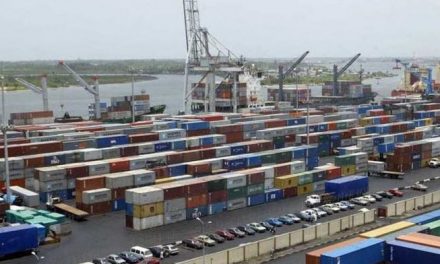
Billions lie idle at GIPF
Billions of dollars earmarked for investment in unlisted entities lay idle at the Government Insitutions Pension Fund, the Economist has established.
Acting CEO, Maria Dax said on Monday that the Board of Trustees of GIPF approved an Investment Policy for Unlisted Investments on 10 July 2008. The new policy was in response to the then amendments to Regulation 28 which forced pension funds to invest a minimum of 35% of their funds in the country, 5% of which was in unlisted investments.
Dax said under the new investment policy, GIPF committed itself to allocate 15% of its total assets to unlisted investment which as at 30 September 2011 was equivalent to N$6.5 billion.
The new policy sets out three categories in which GIPF funds can be invested. These are; Unlisted shares and shares listed on a Development Capital exchange of stock exchanges within Africa, excluding Namibia (5%); Unlisted shares, debt and shares listed on the Development Capital exchange of the NSX in Namibia (5%) and property in Namibia (5%).
GIPF says their policy is expected to contribute to the development of the Namibian capital market with regard to unlisted investments.
“The Trustees came up with this policy through detailed studies of global best practices about unlisted investments; they used lessons learned from the Development Capital Portfolio as well as the potential of unlisted investments providing an alternative asset class for investments of pension funds’ assets such as those of the GIPF.
“When developing this programme, the GIPF’s trustees heeded the call by the Government (done as per changes made to Regulation 28 of the Pension Funds Act No. 24 of 1956) to invest a minimum of 5% and a maximum of 10% of their total assets in Namibia to stem the capital outflow of the country and to ensure that Namibian savings are invested in the Namibian economy.”
The Unlisted Investment Policy makes provision for an establishment of special investment vehicles (SPV) in the form of Bewind Trusts. These trusts are managed by carefully selected Trustees with skills in the particular mandate of the trust. The Trusts are administered by Fund Managers appointed by the Trustees of the various Trusts.
The relationship between the Fund Manager and the Trust is guided by a management agreement while the relationship between the GIPF and the Trusts is regulated by a Trust Deed.
The trustees of the GIPF selects fund managers and allocate funds to the Trusts and the investment decisions are made by the “experts”; (the trustees of the various trusts). In order to avoid another DCP, the trustees of GIPF are not allowed to make investment decisions according to the Trust Deeds. GIPF only uses fund managers carefully selected with [proven skills to make and manage unlisted investments. But despite the new policy, information released this week shows that only N$330 million out of the allocated N$6.5 billion has been invested.
A statement from GIPF bemoaned the lack of investment opportunities. It read: “So far, GIPF has not received satisfactory proposals for unlisted shares and shares listed on a Development Capital exchange of stock exchanges within Africa excluding Namibia for consideration.”
While government has been calling on local companies,particular insurance companies and pension funds, to invest part of their funds locally, the statement from GIPF will likely give credence to funds and companies that have complained of a lack of investment opportunities in the country.












































